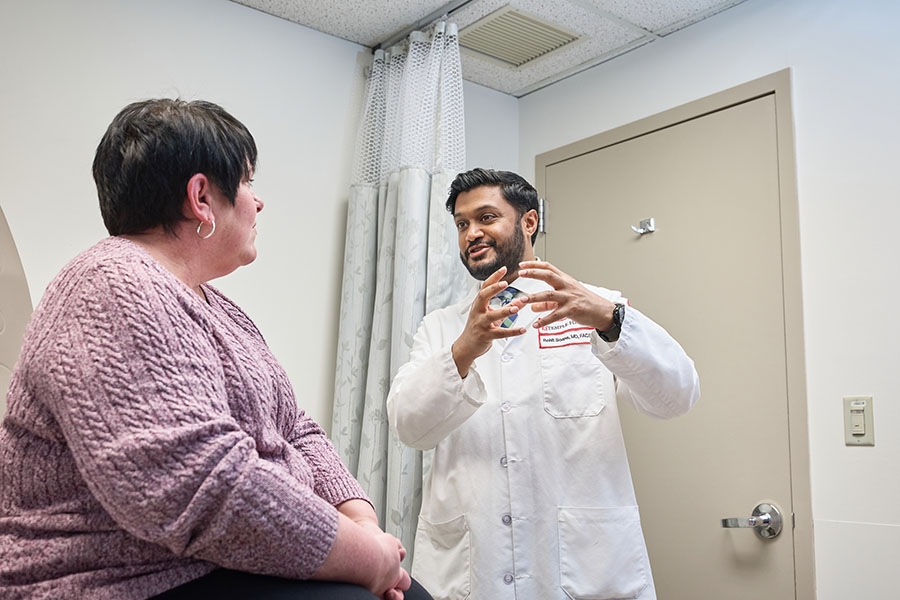During your hospital stay, your Temple dietitian will again review your diet. Please be sure to bring the handbook you received at the informational seminar with you when you check in.
Immediately after surgery, you will follow a liquid diet. Liquids containing sugar, carbonation (soda) and caffeine must be avoided. You will first add protein-based liquids to your diet, followed by pureed foods, and finally foods with texture. The post-operative diet is a progressive diet and you will be back to eating a regular healthy diet by week 9.
It is important to eat nutritious foods following surgery to help heal your incision and for your overall health. Your dietitian will recommend vitamin and mineral supplements, and guide you on protein intake.

